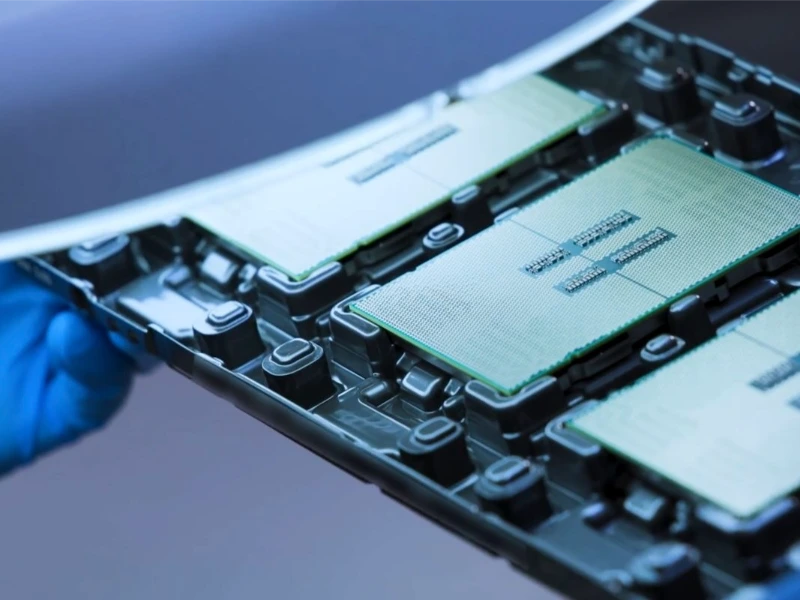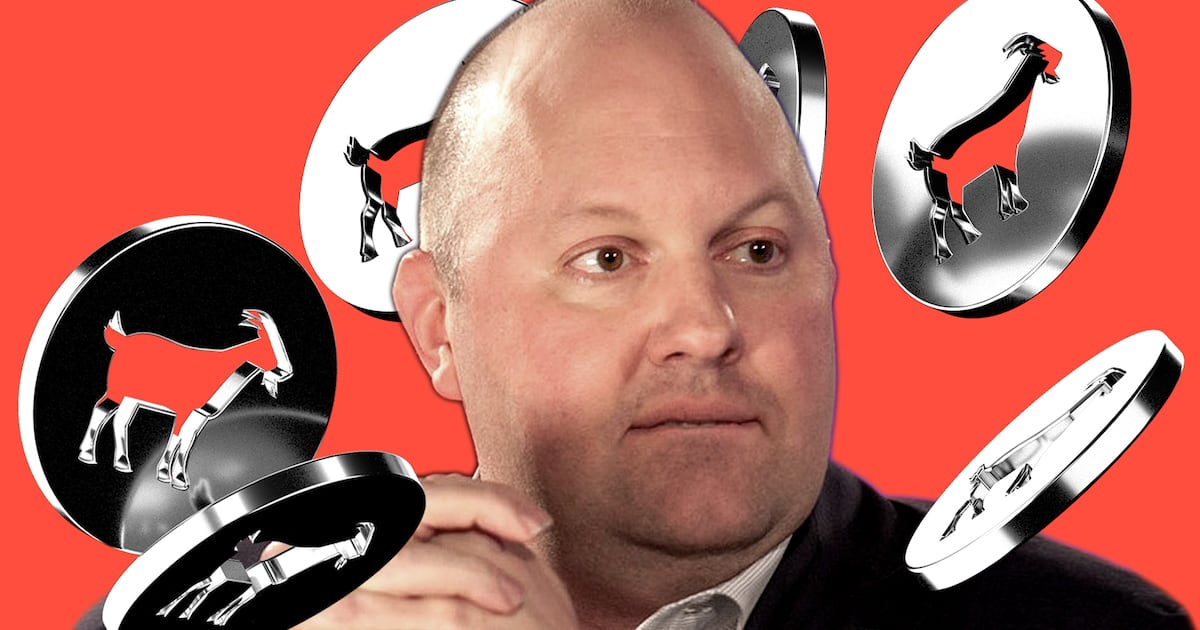Tom Brady Backs Another Crypto Play
Tom Brady still believes in crypto.
The legendary quarterback turned Fox NFL broadcaster is among the investors pouring $18 million into Catena Labs, which aims to “establish the first fully regulated AI-native financial institution” to serve what is known as the “agentic commerce” marketplace, according to an announcement last week.
The funding round is led by a16z crypto, plus participation from the likes of Breyer Capital, Circle Ventures, Coinbase Ventures, Brady, and more.
“Agentic commerce” refers to the way those in the tech world believe online shopping will evolve thanks to artificial intelligence. The expectation is that AI agents (chat bots) will do more than follow commands; they will act based on goals a consumer has set.
As one example, a parent could set parameters that the AI agent needs to buy seasonal equipment for a child who plays a sport like hockey or basketball. The AI agent would browse the internet every season, select the specific products that are an exact match for what the child needs, and purchase.
Right now, agentic commerce is more of a concept than reality, although Amazon is already testing out a version of this with its recently-launched “buy-for-me” feature.
How does crypto come into play? Catena co-founder Sean Neville was also co-founder of Circle, the Boston-based crypto company behind USDC stablecoin. Catena aims to develop a “new generation of financial services for the agent economy, including leveraging AI-native money—regulated stablecoins—while also creating essential bridges to traditional banking rails and payment systems.”
The last time Brady and a crypto company were in the news together did not go well for either party. Brady was one of the most prominent celebrity endorsers—among many—of the crypto exchange FTX.
In May 2022 at FTX’s conference in the Bahamas, Brady took the stage with FTX co-founder Sam Bankman-Fried for a fireside chat about winning; his then-wife Gisele Bundchen, also an FTX ambassador, spoke at the same event. Just six months later, FTX went bust after it came out that the company was moving billions of dollars of customer funds among several companies Bankman-Fried controlled. He’s now serving 25 years in a Brooklyn prison after he was found guilty of several counts of fraud.
But Brady and the other athletes and celebrities charged in a high-profile class action lawsuit for promoting FTX, including Steph Curry, Serena Williams, Shohei Ohtani, Naomi Osaka, and Larry David, had most of the charges against them dropped earlier this month. (Shaquille O’Neal settled in April; their collective actions were still described as “uninformed, negligent, or even reckless.”)
And FTX wasn’t Brady’s only crypto play: he also co-founded an NFT platform, Autograph, that raised $200 million in 2022 at the peak of the NFT craze. (NFTs, or non-fungible tokens, are akin to digital certificates of ownership recorded on blockchain.) Autograph is still around and has rebranded away from NFTs to focus on digital collectibles and fan engagement.
Brady’s hardly the only example of the sports world reembracing crypto even after the FTX collapse sent shockwaves and forced the Miami Heat to take FTX’s name off their arena. Coinbase is still an official sponsor of the NBA and WNBA, and crypto companies have begun appearing again on kits in Premier League soccer and even on NHL ice.
The amount Brady is investing in Catena Labs, and the size of his stake, was not disclosed. Representatives for Brady and Catena Labs did not immediately respond to requests for additional comment.










